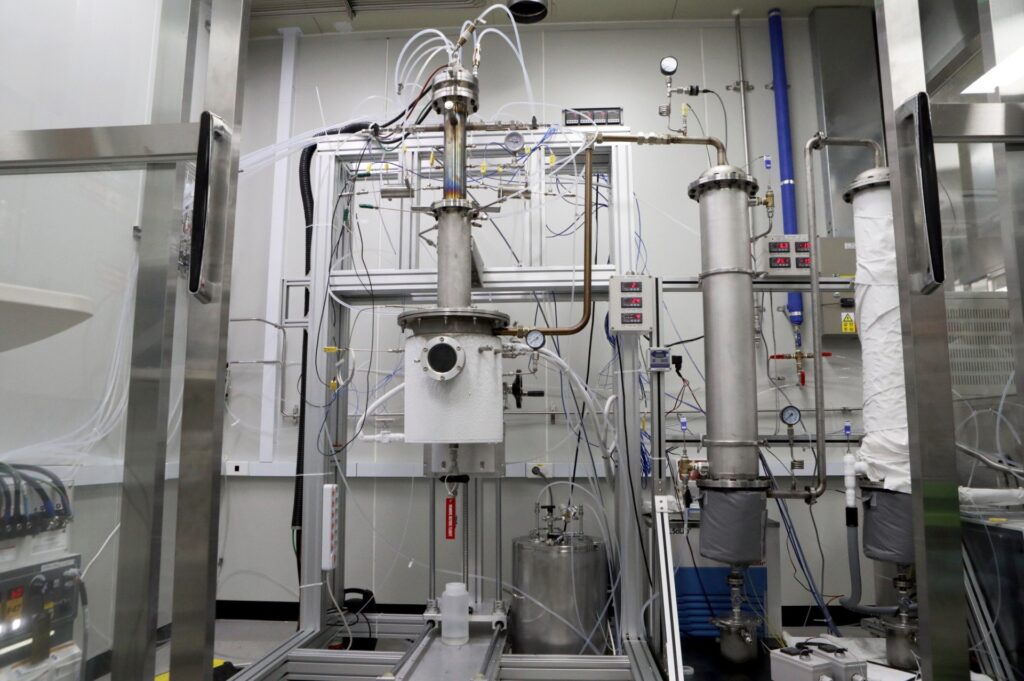
BREAKING NEWS: A groundbreaking breakthrough in waste management has been announced by the Korea Institute of Machinery & Materials (KIMMS). Researchers have developed a revolutionary hydrogen-powered plasma torch that obliterates plastic waste in less than 0.01 seconds, marking a potential turning point in the fight against plastic pollution.
This innovative technology, disclosed today, could eliminate the need for sorting plastic waste, paving the way for a new era of efficient recycling with minimal carbon emissions. The plasma torch transforms mixed plastic waste into valuable chemical components—ethylene and benzene—which are essential for plastic production.
“In a world first, we have secured a process to successfully convert mixed plastic waste into raw materials,” said program director Young-Hoon Song. He emphasized the significance of this advancement in addressing waste and emissions issues globally.
The torch operates at incredibly high temperatures, between 1,832 and 3,632 degrees Fahrenheit (1,000 and 2,000 degrees Celsius), utilizing the unique properties of plasma to rapidly break down plastic. The KIMMS team has achieved an impressive recovery rate of 70 to 90% of the desired chemical compounds, with a 90% yield of ethylene. Following purification, over 99% of the output is pure enough for recycling into new plastic materials.
Conventional plastic disposal methods, such as pyrolysis, heat plastic waste to around 1,112 degrees Fahrenheit (600 degrees Celsius) but result in numerous byproducts with limited utility. This traditional process has been heavily criticized for its environmental impact, even as South Korea, a leader in recycling, still heavily relies on it.
The new plasma torch offers a cleaner alternative, significantly reducing carbon emissions and providing a pathway towards effective chemical recycling, which currently constitutes less than 1% of South Korea’s recycling efforts. The researchers noted that pilot operations have already shown economic feasibility for this innovative technology.
Looking ahead, KIMMS plans to officially launch demonstration projects with the goal of commercialization by 2026. If successful, this pioneering technology could dramatically change how South Korea—and potentially other countries—manage plastic waste, addressing a pressing global environmental crisis.
With only a small fraction of plastics currently recycled, the implications of this hydrogen-powered plasma torch could resonate far beyond South Korea, potentially offering a sustainable solution to one of the world’s most urgent waste management challenges. Stay tuned for updates as this exciting development unfolds.






